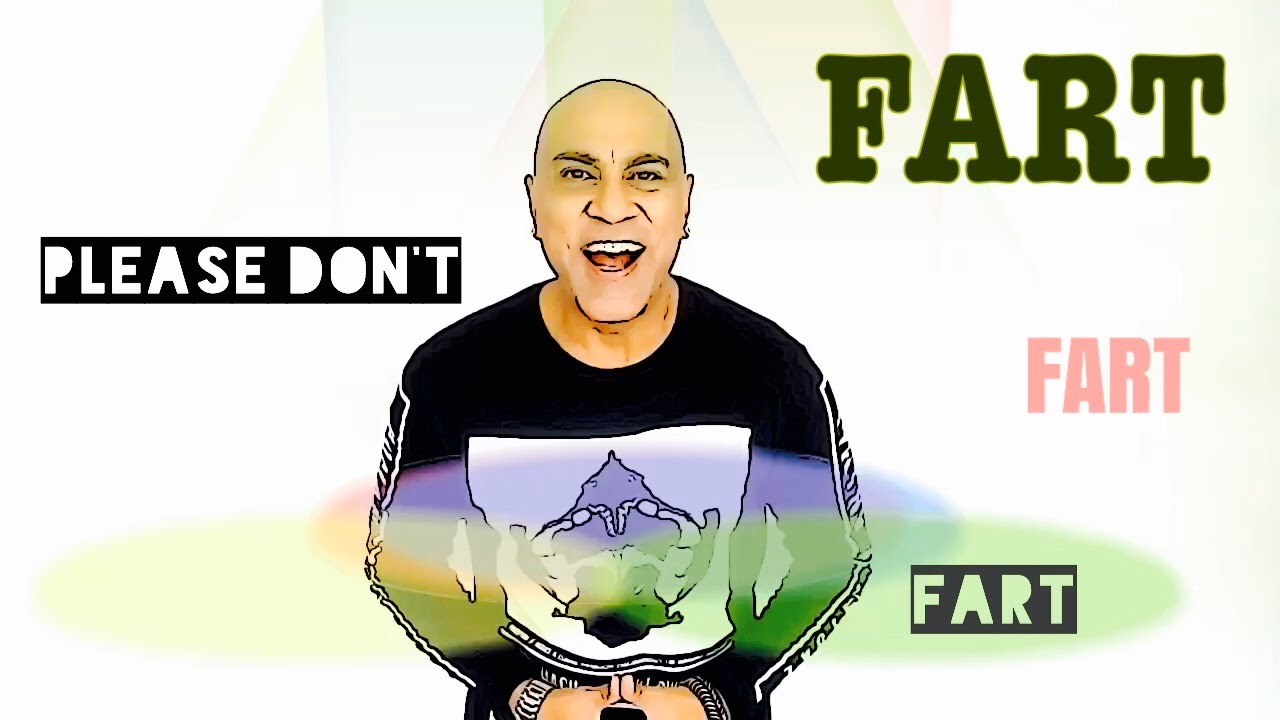- What is a Fart?
- Biological explanation
- Common causes
- The Science Behind Farting
- Digestive process
- Types of gases involved
- Why Do We Feel Guilty About Farting?
- Societal norms
- Psychological aspects
- Breaking Down the Stigma
- Historical perspectives
- Farting in different cultures
- Health Aspects of Farting
- Normal vs. abnormal farting
- When to see a doctor
- Diet and Farting
- Foods that cause gas
- Managing diet to reduce excessive farting
- Farting Etiquette
- Social settings and manners
- Handling accidental farts
- The Humor and Farting
- Why farts are funny
- Farts in media and entertainment
- Dealing with Fart Guilt
- Coping strategies
- Embracing natural bodily functions
- Farting and Relationships
- Communication with partners
- Normalizing farting in intimate settings
- Children and Farting
- Teaching kids about natural processes
- Encouraging healthy attitudes
- Farting Myths Debunked
- Common misconceptions
- Scientific facts
- Farting and Exercise
- Why we fart during physical activity
- Tips for managing gas during workouts
- Conclusion
- Embracing natural bodily functions
- Encouraging open conversations
- FAQs
- Why do we fart?
- Is it healthy to fart?
- Can certain foods reduce farting?
- How to manage farting in public?
- Is farting a sign of a health problem?
Fart and Guilty: Understanding and Embracing Natural Bodily Functions
Introduction
We’ve all been there: a sudden, uncontrollable release of gas that leads to immediate embarrassment. Farting is a natural process, yet it often comes with a heavy dose of guilt and shame. But why is this so? Understanding the science and societal norms around farting can help us embrace this natural bodily function without feeling guilty.
What is a Fart?
A fart, scientifically known as flatulence, is the release of gas from the digestive system through the rectum. This gas is produced during the digestive process, primarily from swallowed air and the breakdown of food in the intestines.
The Science Behind Farting
The digestive system breaks down food into nutrients, releasing gases like nitrogen, oxygen, carbon dioxide, methane, and hydrogen in the process. These gases accumulate and are eventually expelled from the body, resulting in a fart.
Why Do We Feel Guilty About Farting?
Societal norms play a significant role in how we perceive farting. In many cultures, farting is considered impolite or embarrassing, leading to feelings of guilt. Psychological aspects, such as fear of judgment or rejection, also contribute to this guilt.
Breaking Down the Stigma

Historically, farting has been both a source of humor and shame. Different cultures have varying attitudes toward flatulence. In some societies, it’s a sign of good health, while in others, it’s taboo. Understanding these perspectives can help us break down the stigma.
Health Aspects of Farting
Farting is a normal bodily function, but excessive or particularly foul-smelling gas can indicate digestive issues. If you experience pain, bloating, or changes in bowel habits, it may be time to see a doctor.
Diet and Farting
Certain foods, like beans, lentils, broccoli, and carbonated drinks, are known to cause gas. Adjusting your diet can help manage excessive farting. Incorporating probiotics and drinking plenty of water can also aid digestion.
Farting Etiquette
While it’s natural, farting in social settings can be awkward. If you feel the need to fart in public, try to excuse yourself discreetly. If an accidental fart happens, it’s best to acknowledge it with humor rather than ignoring it.
The Humor and Farting
Farts are inherently funny, which is why they appear frequently in comedy and media. This humor can be a double-edged sword, normalizing the act but also reinforcing the stigma.
Dealing with Fart Guilt
Coping with fart guilt involves changing your mindset. Remind yourself that farting is natural and healthy. Use humor to diffuse awkward situations and embrace your body’s natural functions.
Farting and Relationships
Open communication with your partner about bodily functions can strengthen your relationship. Normalizing farting in intimate settings helps create a more comfortable and accepting environment.
Children and Farting
Teaching children about the natural processes of their bodies is crucial. Encourage a healthy attitude toward farting and explain why it happens without making them feel embarrassed.
Farting Myths Debunked
There are many myths surrounding farting, such as the idea that holding in farts can be harmful. Scientific facts can help debunk these myths and reduce unnecessary worries.
Farting and Exercise
Physical activity can increase gas production and expulsion. Staying hydrated and choosing exercises that don’t strain the abdomen excessively can help manage this.
Conclusion
Farting is a natural and necessary bodily function that everyone experiences. By understanding the science behind it and breaking down societal stigmas, we can embrace it without guilt. Let’s encourage open conversations about our bodies and their functions.
FAQs
1. Why do we fart? Farting occurs as a result of gas produced during the digestive process being expelled from the body.
2. Is it healthy to fart? Yes, farting is a sign that your digestive system is functioning properly.
3. Can certain foods reduce farting? Yes, avoiding gas-producing foods and incorporating probiotics can help reduce excessive farting.
4. How to manage farting in public? If you need to fart in public, try to do so discreetly or excuse yourself. Using humor can also help diffuse awkward situations.
5. Is farting a sign of a health problem? While farting is usually normal, excessive or painful gas can indicate digestive issues. If concerned, consult a doctor.

